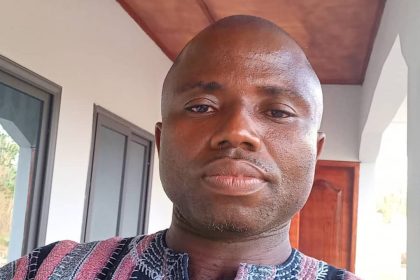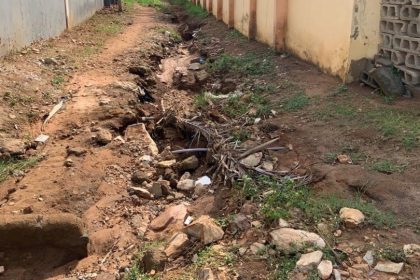A national campaign to vaccinate adolescents against the Human Papilloma Virus (HPV) has been launched in Mampong with a regional forum.
The forum aims at raising awareness on menstrual hygiene and HPV prevention among out-of-school youth.
The forum is being organised by Children and Youth in Broadcasting, the Curious Minds, in collaboration with UNICEF Ghana and the Ghana Health Service (GHS).
It is targeting adolescents who are not in school and often lack access to essential health information.
The event brought together traditional leaders, religious figures, parents, and young people to discuss barriers that prevent adolescents from accessing health services.
Mrs Cynthia Anna Amoo, Asante Mampong Municipal Director of the Ghana Health Service, identified stigma, cultural misconceptions, limited parental involvement, and poor community engagement as persistent challenges.
“These factors often leave young girls unprepared for menstruation, leading to a lack of knowledge about proper hygiene and sanitary practices,” she said.
Mrs Amoo urged parents to take an active role in educating their daughters on menstrual hygiene, including the correct use and disposal of sanitary materials.
A major focus of the forum was the growing threat of HPV.
Mrs Amoo warned that the virus is spreading rapidly among adolescent girls, primarily through sexual intercourse.
She said: “The transmission of HPV through unprotected sex can lead to serious health complications, including cervical cancer, if not detected and treated early,” she explained.
She noted that cervical cancer remained a significant public health threat in Ghana, with nearly 3,000 new cases and close to 2,000 deaths recorded annually.
To address this, Mrs Amoo announced a national HPV vaccination programme targeting girls aged 9 to 14 years and that the vaccination exercise was scheduled to take place from October 7 to 11, 2025.
Mrs Amoo said:“The vaccine is safe and highly effective at preventing HPV infection,” she said, and called on parents to ensure their daughters participate in the campaign.
“This is a crucial step in protecting them from future health risks.”
Traditional and religious leaders also pledged their support, urging parents to act responsibly in safeguarding their children’s health.
The initiative marks a significant step towards improving adolescent health outcomes in the region and preparing communities for the upcoming vaccination campaign.
It aims to equip young people and their caregivers with the knowledge needed to make informed decisions about their health and reduce the spread of HPV.
GNA






